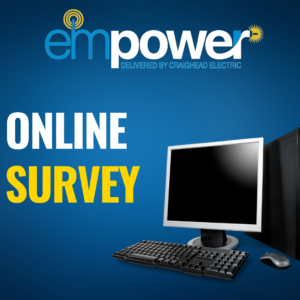
Introduction:
In today’s increasingly connected world, access to high-speed internet and digital literacy skills are essential for economic growth, education, and social well-being. However, not all communities have equal access to these vital resources. The State of Arkansas recognizes this disparity and is taking proactive measures to understand and address the digital divide that exists. Through research, planning, and a commitment to inclusivity, Arkansas aims to bridge the gap and empower all its residents to thrive in the digital age.
Understanding the Digital Divide:
The digital divide refers to the gap between individuals and communities that have access to reliable, high-speed internet and those who do not. In Arkansas, this divide is particularly pronounced, as urban areas tend to have better internet infrastructure and higher connectivity rates compared to rural regions. Additionally, various socio-economic factors contribute to the disparities, including income levels, education, and geographic location.
Arkansas’ Research Initiative:
To gain a comprehensive understanding of the state’s digital divide, the Arkansas government has initiated research projects aimed at gathering data on internet access, affordability, and usage patterns. By partnering with academic institutions, non-profit organizations, and internet service providers, the state is conducting surveys, interviews, and data analysis to identify areas with limited access to high-speed internet and the barriers preventing certain populations from affording and utilizing these services.
The Road to Inclusivity:
Arkansas recognizes that bridging the digital divide requires a multi-faceted approach that prioritizes inclusivity and equal opportunities for all. By fostering collaboration among government agencies, educational institutions, non-profit organizations, and private entities, the state can leverage the collective expertise and resources necessary to implement effective strategies.
Conclusion:
Arkansas is taking important steps towards understanding and addressing its digital divide and digital skills gap. By conducting thorough research, creating a well-informed plan, and prioritizing inclusivity, the state is positioning itself to empower all its residents in the digital era. Through improved internet access, affordability, and digital literacy, Arkansas will unlock new opportunities for education, economic growth, and overall well-being, ensuring that no community or individual is left behind.
We need your valuable insights to bridge the digital divide and create a more connected and inclusive Arkansas! As part of our ongoing efforts to understand the challenges and opportunities surrounding internet access and digital skills, we kindly request your participation in a short survey.
Survey Link: https://uark.qualtrics.com/jfe/form/SV_77mCDIbnQtYlVH0?Q_CHL=qr
Copyright © 2022 - empower Internet, Delivered by Craighead Electric